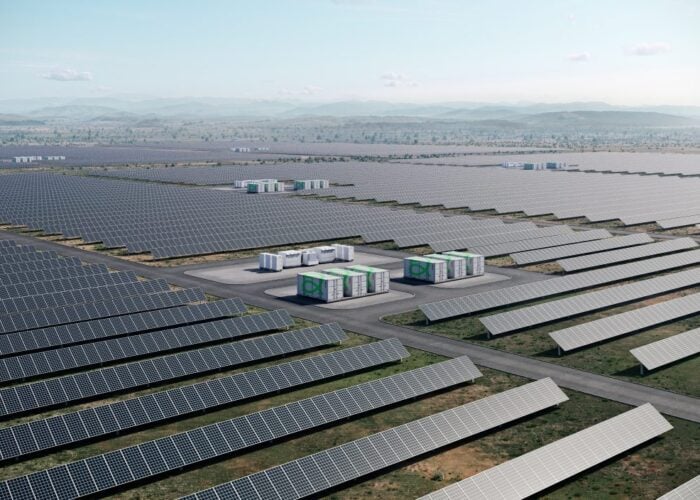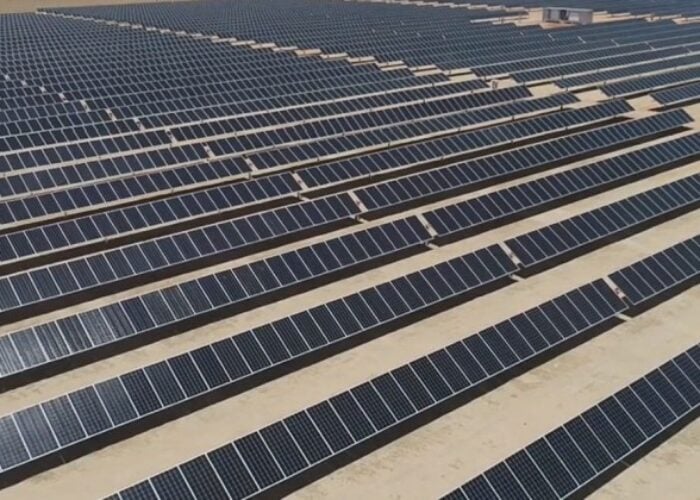The Hungarian government has imposed an import tax on solar panels claiming the move is necessary on environmental grounds.
The levy of HUF114/kg (US$0.41/kg) is to cover the cost of disposing the panels when they reach the end of their life according to an official from the agriculture ministry quoted in local media reports.
Try Premium for just $1
- Full premium access for the first month at only $1
- Converts to an annual rate after 30 days unless cancelled
- Cancel anytime during the trial period
Premium Benefits
- Expert industry analysis and interviews
- Digital access to PV Tech Power journal
- Exclusive event discounts
Or get the full Premium subscription right away
Or continue reading this article for free
The move was condemned by the European Photovoltaic Industry Association (EPIA).
Its chief executive James Watson said: “Our view is very simple – we don’t support any overt or covert attempts to increase the cost of solar energy by any government, instead they should be looking to find the right way to support the development of the solar sector in Hungary. There is potential in Hungary and it remains unrealised and will remain unrealised unless they adopt a more supportive stance to solar energy.”
Hungary has less than 50MW of PV installed. Attempts to initiate a feed-in tariff (FiT) have stalled and project funding from the EU and state funds have dried up, according to EPIA.
Despite claiming the cost of disposing of electrical waste is very expensive, the EU’s rules on this, through the WEEE directive, were applied to PV from 14 February 2014.
“Due to Hungary's PV market and WEEE environment PV CYCLE does not have activities in this country,” Pia Alina Lange, spokeswoman at PV CYCLE, a solar recycling scheme told PV Tech.
“According to the European Directive, local manufacturers and importers have to take on the legal and financial responsibility for waste management. Certain countries, including the Czech Republic, introduced different approaches though, which, at one point of time, may be become subjects to EU revision,” she added.
In the Czech Republic, manufacturers are responsible for panels that entered the market after 1 January 2013 and but plant owners must contribute to disposal costs for modules prior to that date.
In neither system is the government burdened with the cost of PV disposal, raising questions as to the Hungarian government’s motives for the import tax.






